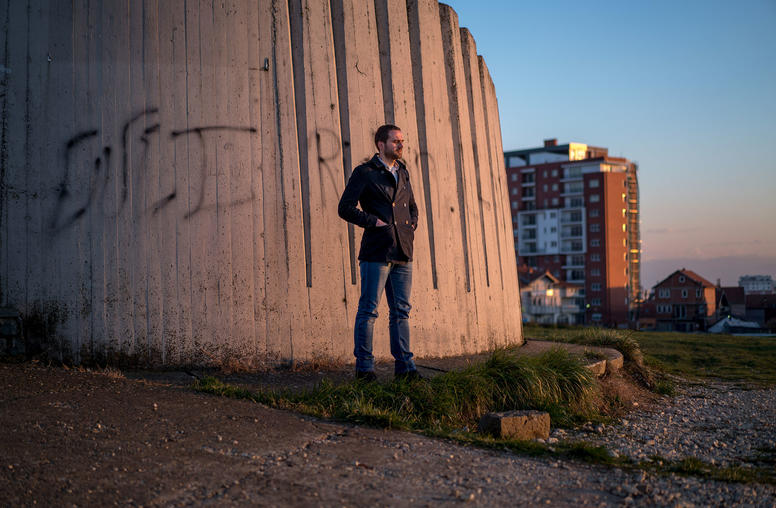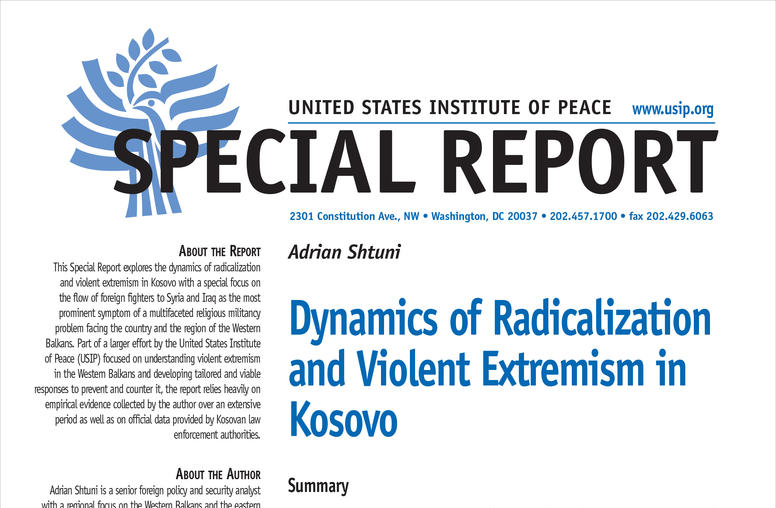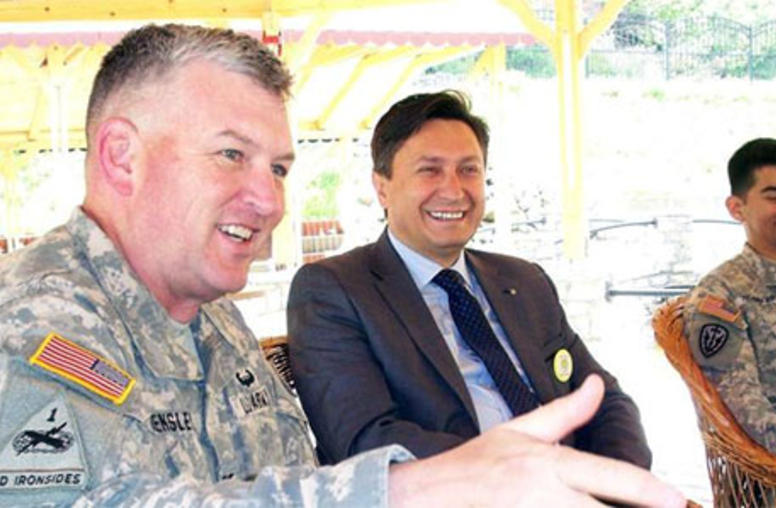INPROL Second Annual Meeting
The second annual meeting of the International Network to Promote the Rule of Law (INPROL) took place on Friday, July 17 at the United States Institute of Peace. The focus this year was on a discussion of preliminary lessons learned from the experience of the UN Mission in Kosovo in establishing the justice and corrections systems in Kosovo.
On July 16 the International Network to Promote the Rule of Law (INPROL) hosted an all-day "lessons learned" workshop at the US Institute of Peace (USIP) with the UN Department of Peacekeeping Operations (DPKO). The workshop examined the 10-year experience of the UN Mission in Kosovo (UNMIK) with establishing the criminal justice system. Participants included former senior UNMIK officials from the judiciary, police, and penal management. INPROL and DPKO are collaborating to produce a draft UNMIK "lessons learned" report in the fall.
INPROL conducted its second annual meeting the following day. USIP Executive Vice President Tara Sonenshine delivered the opening remarks, and UN Assistant Secretary-General Dmitry Titov spoke to INPROL members gathered at USIP and via webcast to members across the globe. He encouraged use of INPROL to gather essential documents containing guidelines and lessons learned for all disciplines relating to rule of law and to assist with specialized distance learning courses.
Following Mr. Titov's remarks, INPROL Co-Director Michael Dziedzic delivered a briefing on INPROL's accomplishments during the past year and discussed upcoming opportunities, including the prospect of establishing new forums on corrections and gender issues. The following are key statistics on activities of the past year:
- 50% increase in membership (from 800 to nearly 1,200)
- 40 queries submitted
- 155 responses provided by INPROL members on the forums
- 7 Consolidated Responses developed
- 13,755 visitors; 21,441 visits
The bulk of the annual meeting featured panels by several workshop participants who presented preliminary "lessons learned" for international judges and prosecutors (Milbert Chin, Agnieszka Klonowiecka-Milart, Clive Baldwin, Stefan Feller and Scott Carlson), corrections officials (Mary Okumu and Stephen Johnston), and for building local capacity (George Huber, Michael Hartmann and David Marshall).
Some of the key lessons discussed:
- There is a need for a standardized selection process for international judges and prosecutors to prevent personality driven hiring
- Induction training for international judges and prosecutors should be required.
- Strategic plans should be living documents based on, and revised in, regular consultations with local actors and key stakeholders.
- Strategic plans should be multi-track so that there is no single end date applicable to all various initiatives within the justice sector.
- Corrections officials should have a prominent place in planning (assessment teams, formulation of mandate) and management (senior management teams) of missions to help raise awareness and funding for corrections issues.
- Legislative reform should focus on modest, but high-impact reforms.
- Witness protection should be tailored to fit the specifics of the environment.
- Information-gathering operations should be incorporated into missions in a systematic fashion.
INPROL and DPKO are developing a literature review-based Consolidated Response that will also include several other lessons discussed at the workshop and meeting.
This year's annual meeting was also webcast live to our members around the world who were unable to attend in person. We were very pleased to have dozens viewers, including several who submitted questions and received responses from panelists. We are excited about this new capability and look forward to incorporating it into many future activities.
A video archive of the annual meeting webcast and associated materials may be accessed at http://inprol.org/webcast.



